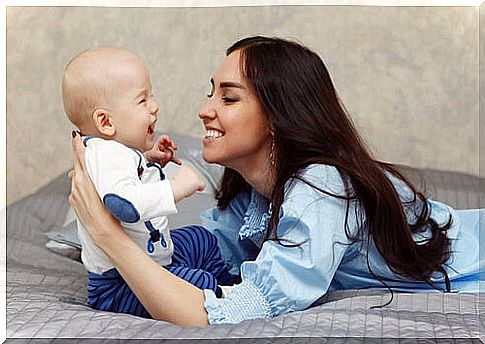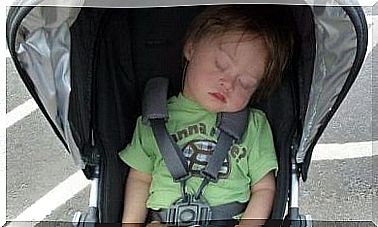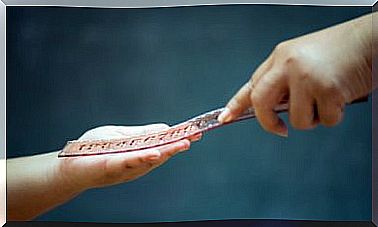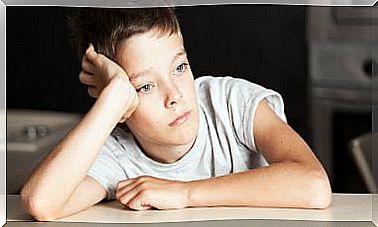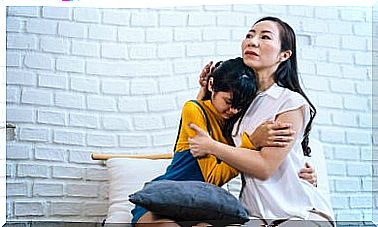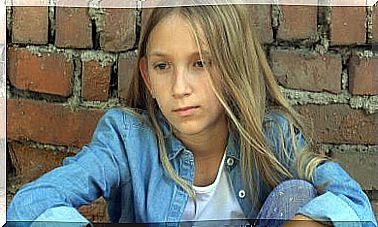How Does The Sense Of Hearing Evolve In Children?
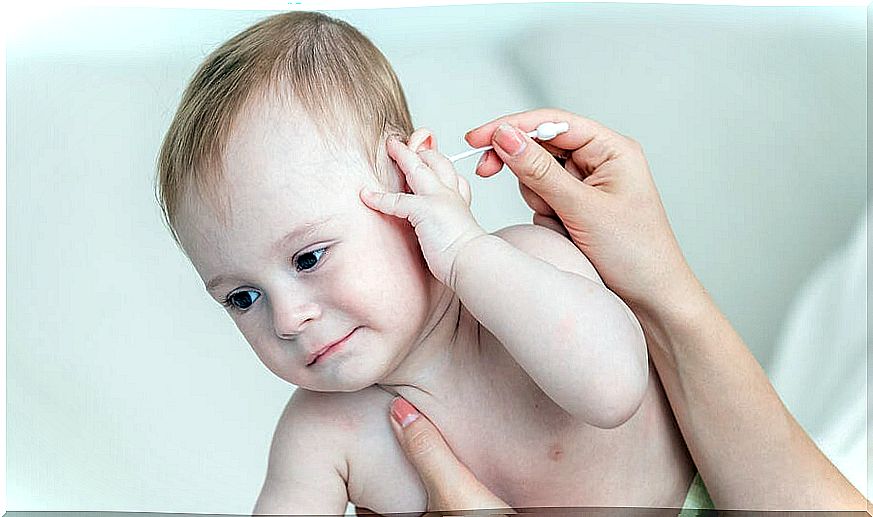
The sense of hearing in children allows babies to experience sensations with the world around them ; the sounds of their parents’ voices and those of nature connect them with their surroundings. Thus, they are filled with a number of emotions that promote their development.
Long before birth, children’s hearing can detect and respond to sounds within the womb. Until then, the fetus listens to the heartbeat of his mother and her voice ; it can also perceive musical melodies.
Babies are born with perfectly developed ears — formed in the womb after the first trimester — and ready to start listening to everything around them. However, your brain cannot yet interpret the meaning of words or sounds.
Interactions with the environment materialize in children when, as they grow, they more frequently divert their attention to any striking sound. Similarly, when they are still unable to formulate words, they watch and listen with interest to their elders.
These are clear signs that the sense of hearing in children is developing correctly. This allows them to obtain a lot of information about their surroundings, so it is a fundamental factor in the development of language and the stimulation of the brain.
For the latter, it is important to identify and medicate any hearing problem in children in an expeditious manner.
How does the sense of hearing evolve in children?
Parents should be vigilant at each stage of the baby’s growth, making comparisons with the tabulated data regarding the evolution of the sense of hearing in children. Next, we show them to you:
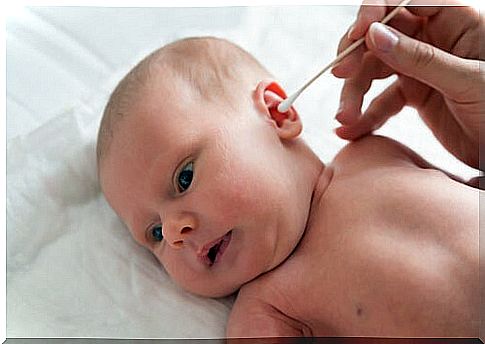
0-3 months
- Calms and relaxes with soft, harmonic sounds.
- He is excited by loud voices or screams.
- They recognize their mother’s voice and show joy for it.
- Has startles at high magnitude sounds.
- When a sound is pleasing to them, they wave their arms.
Between 3 and 6 months
- Follow up with new voices or sounds.
- Observation of lips begins when spoken to.
- Issues responses to scolding or rules.
- It tries to make sounds on its own.
- Mimics adults with vocalization.
From 6 to 10 months
- There is a response from the baby when hearing his name.
- There is a reaction to stimuli when he hears being called from a specific place.
- Go on and look at books or pictures that are shown to them.
- He babbles more regularly.
- Recognizes the names of objects in common use for him and understands frequent words like ‘mom’.
Between 10 and 15 months
- Begins to speak words instead of babbling.
- Understand instructions made with only gestures.
- He entertains himself with clapping games.
- Point and look at the people or things you want to reach.
Parent follow-up
Even when it is not exact to define the evolution of the sense of hearing in children, since each one has a unique rhythm, one must be attentive to the process because the development of their cognitive skills in language will depend on it.
If time passes and the infant still does not learn new words or babbles, it is advisable to resort to medical tests – such as audiometry – to rule out any problems; done on time, the problem can be corrected and even the use of hearing aid aids can be implemented if necessary.
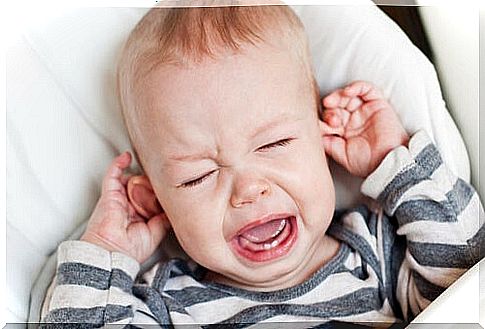
To avoid other ailments that can affect their hearing, we must protect babies from loud and prolonged sounds, as well as be attentive to possible signs of infection – such as scratching their ears frequently – and never put cotton swabs or other objects inside your ear canal, as the eardrum could be injured.
Likewise, the development of the auditory sense can be helped by exposing your ears to new sounds, music, readings and even talks. These not only stimulate you, but also allow you to learn new words that will be very useful when you begin to speak.
On the other hand, making descriptions of objects, enunciating their names and colors, describing the actions you do during the day and explaining the origin of all the noises that catch their attention helps the child understand the world around him.
In conclusion, the correct development of the sense of hearing in children plays an important role in their day-to-day life and guarantees fewer difficulties in the future. Even when some hearing problems are impossible to prevent, adults must be alert to attend and correct as much as possible if they occur.
